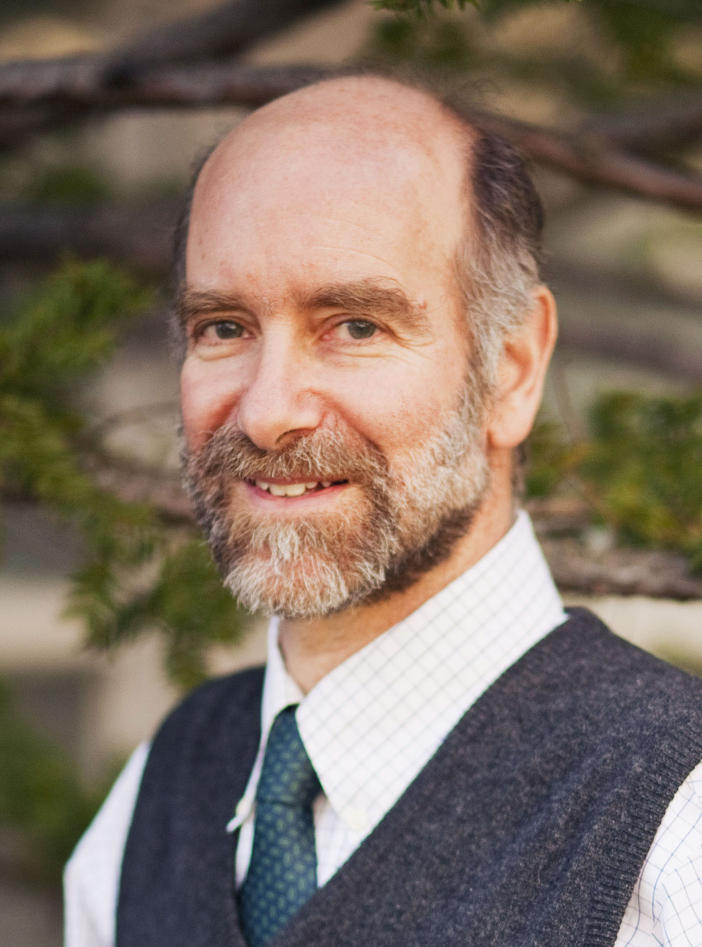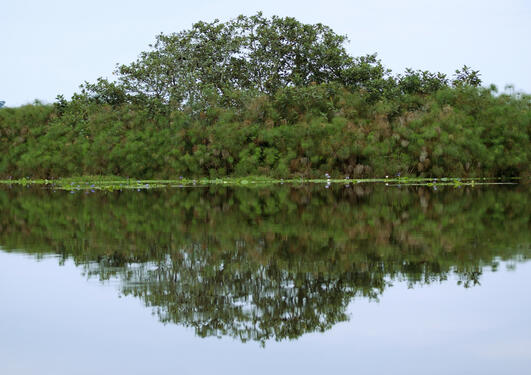CANCELLED: Health Risks from Climate Change
CANCELLED!

Hovedinnhold
Jonathan A. Patz
Professor and Director of Global Health Institute
University of Wisconsin-Madison
Only 2.5% of the world’s water is freshwater, and of that small percentage, 69% is locked away in glaciers and permanent snow cover. By year 2025, two thirds of the world’s population are expected to be living in areas of water shortage or stress due to climate change.
Climate change will also affect the transmission of waterborne and vector borne diseases. Extremes of the hydrologic cycle, leading to more flooding and drought, increase the risk of water contamination and food insecurity. Already, even in wealthy countries, heavy rainfall/runoff cause combined sewage overflow events (CSOs), and climate projections are for more intense rainfall events.
Some of the most climate-sensitive diseases are those carried by insect vectors because part of the pathogens’ life cycle occurs in cold-blooded arthropods that are more affected by temperature, and the disease vectors (often mosquitoes) require aquatic breeding sites, affected by rainfall. Changes in climate that can affect transmission of vector borne diseases include variations in temperature, rainfall, wind, extreme flooding or drought, and sea-level rise. Many vector borne diseases are termed tropical diseases, a reminder that these pathogens and their vector species thrive in a limited range of climatic conditions. Case studies will be presented that include climate effects on the risk of malaria, chikungunya, and zika virus.
Yet, even from the many pathways through which climate change can harm human health, proposed policies to address climate change offer substantial global health “co-benefits.” A low-carbon economy could prove to be the greatest public health opportunity that humanity has seen in over a century. Case studies spanning the energy sector, food systems, and transportation will be discussed that provide strong human health justification for putting a price on carbon to mitigate fossil fuel combustion.
This keynote is open to the public.








